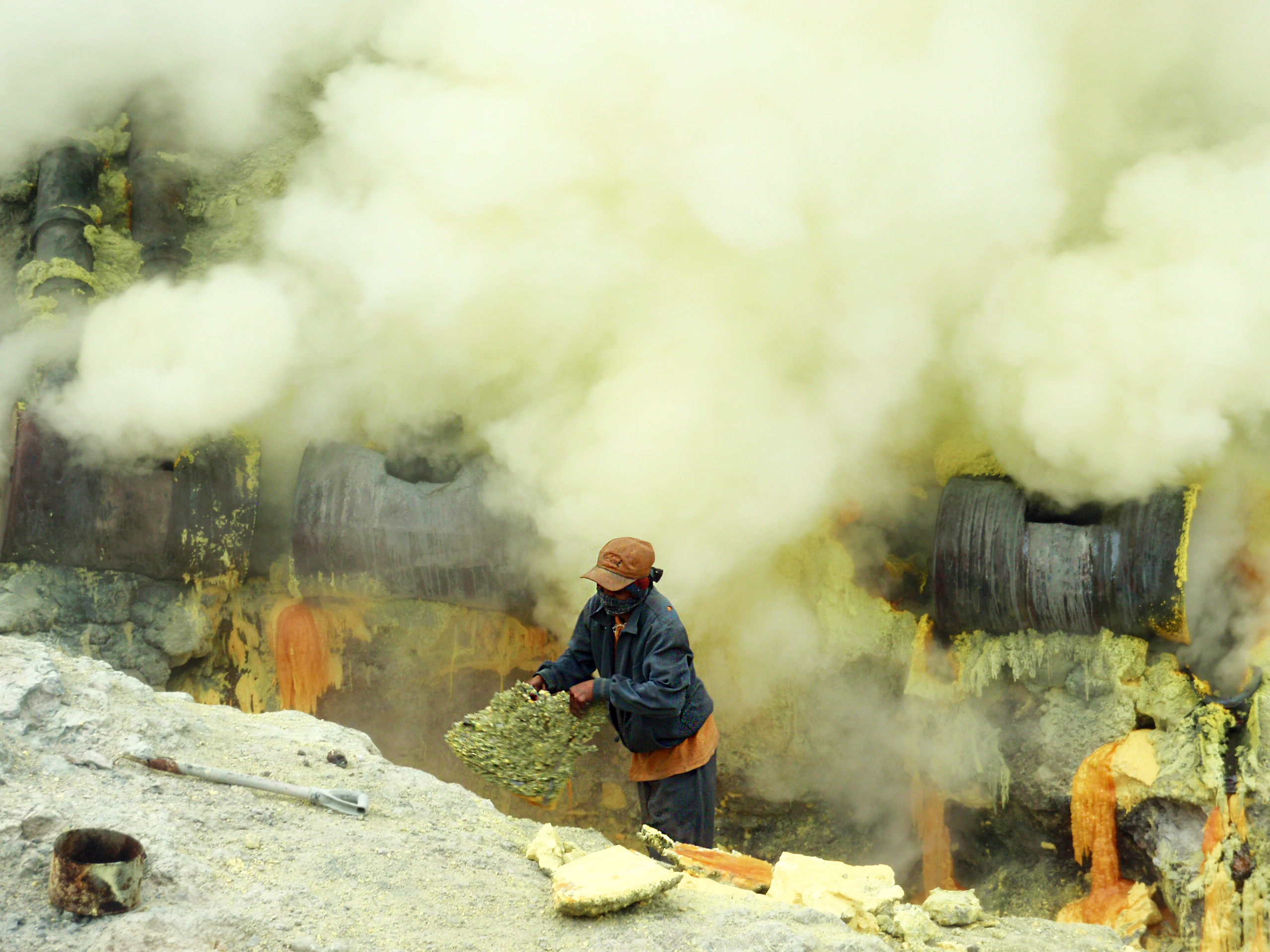The extractive industries – oil, gas and mining – are absolutely crucial for Africa. In fact, they are the biggest source of exports from Africa into the world economy. For all but a handful of States, the revenues of African governments tend to come from these sectors. This impacts on everything from how these governments deal with the outside world to the way they deal with their own populations.
In terms of international relations, governments that possess oil and natural resources tend to be more empowered in their relations with other States as well as oil and mining companies. Internally, this also makes a difference. African governments with revenues from the extractive industries face less pressure to tax their own populations. They have their own alternative sources of revenue. Because they have this ready source of revenue, they have been less concerned with the development of other sectors. There’s very little incentive for them to develop industrial sectors or agricultural sectors, which in the long term further consolidates their dependence on oil, gas and mining.


